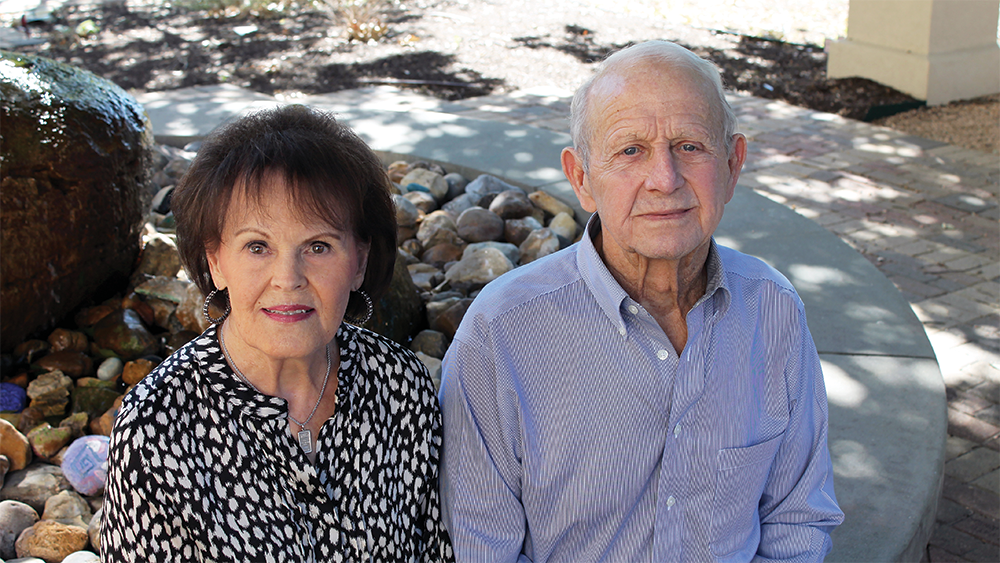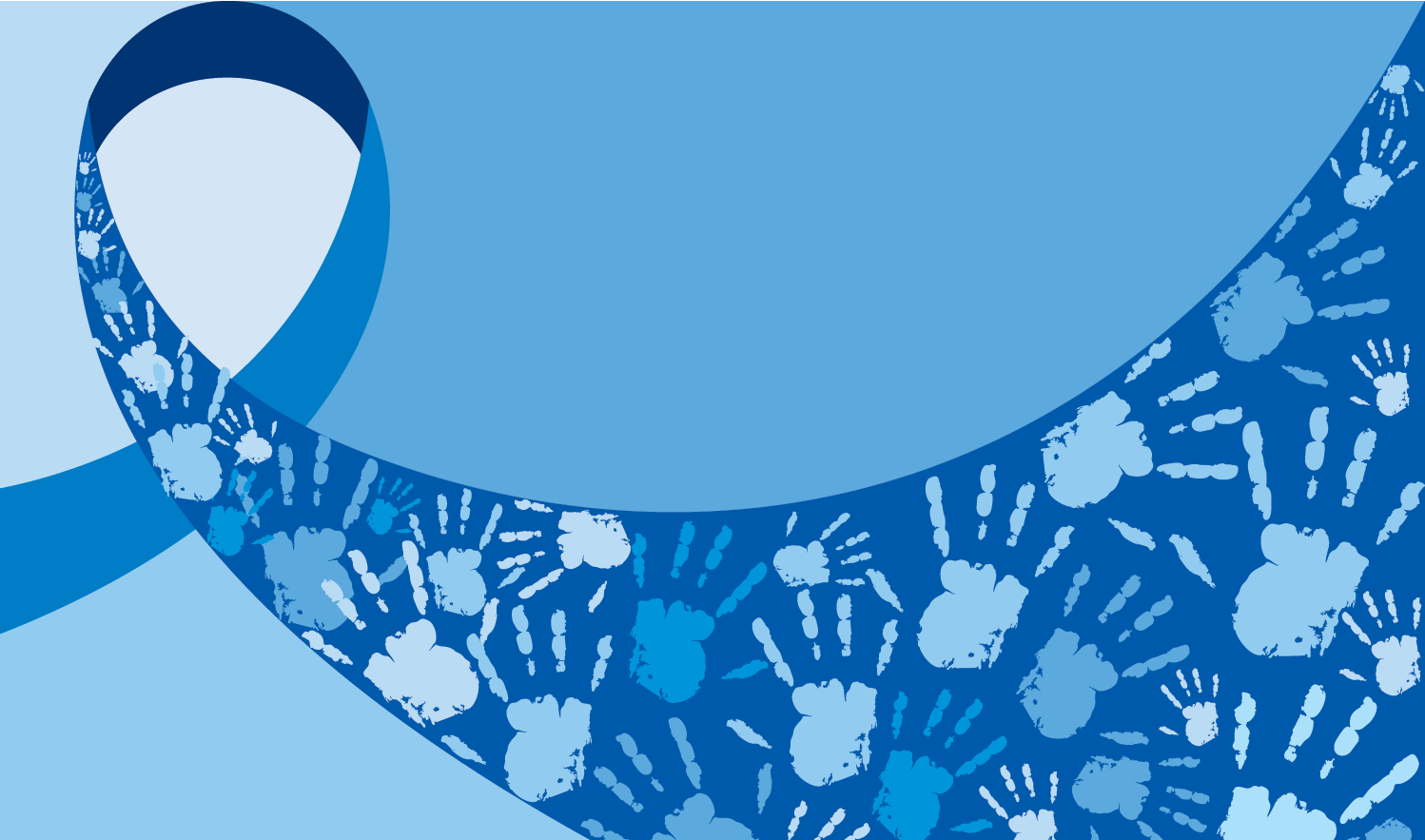
News and Stories
-

Year in review – 2024
March 22, 2025Highlights of your impact from calendar year 2024 at Baylor Scott & White Health locations across Central Texas.Learn More Year in review – 2024 -
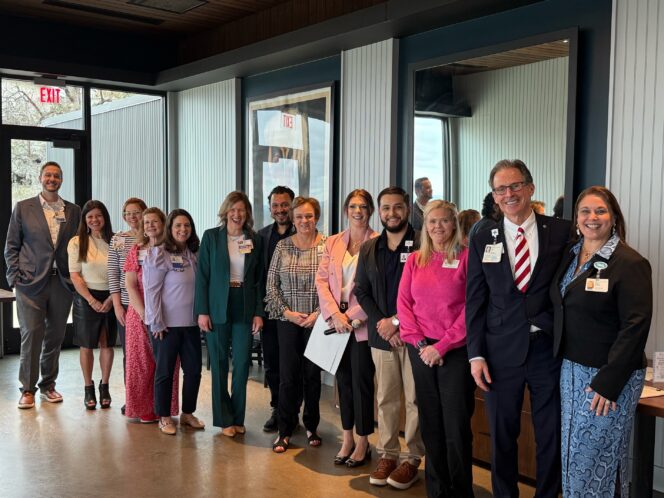
Communities Connected – Hill Country awards 2024 funds
March 20, 2025Thank you to the ladies of Communities Connected – Hill Country who donated more than $27,000 in 2024 to fund needs at Baylor Scott & White Medical Center – Marble Falls. This year, the ladies chose to support a stretcher for the emergency department with safety and comfort features to benefit both patients and staff, […]Learn More Communities Connected – Hill Country awards 2024 funds -

When seconds count
March 20, 2025A heroic school nurse and dedicated medical team saved this tennis player.Learn More When seconds count -
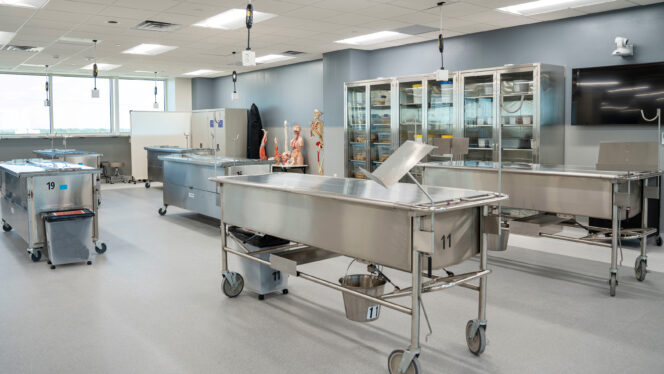
Donor support helps upgrade academic facilities to train future physicians
March 20, 2025Thanks to support from donors in our community, the renovation of the Medical Education Building was completed in 2024.Learn More Donor support helps upgrade academic facilities to train future physicians -
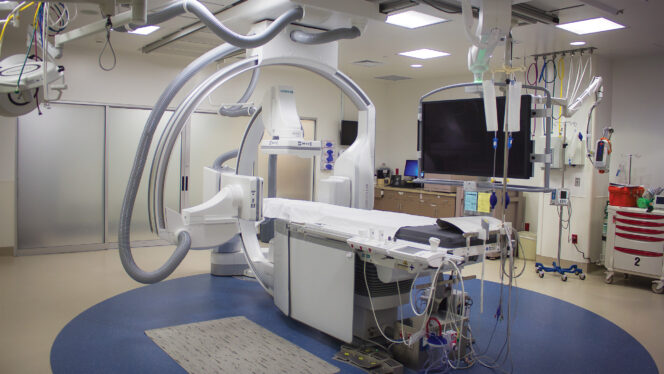
Support the future of surgery at Baylor Scott & White Medical Center – College Station
March 20, 2025Learn how the flexibility of a hybrid operating room would expand surgery capabilities and benefit patients in College Station.Learn More Support the future of surgery at Baylor Scott & White Medical Center – College Station -

Expanding the Brenham pain management clinic
March 20, 2025Learn how you can impact patients' quality of life with a gift to support the pain management clinic expansion in Brenham.Learn More Expanding the Brenham pain management clinic -
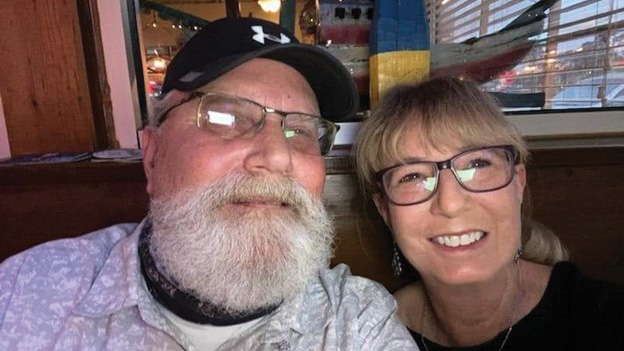
The proof is in the pudding
March 20, 2025David Powell discusses the care he received at Baylor Scott & White after breaking three ribs on a hunting excursion.Learn More The proof is in the pudding -
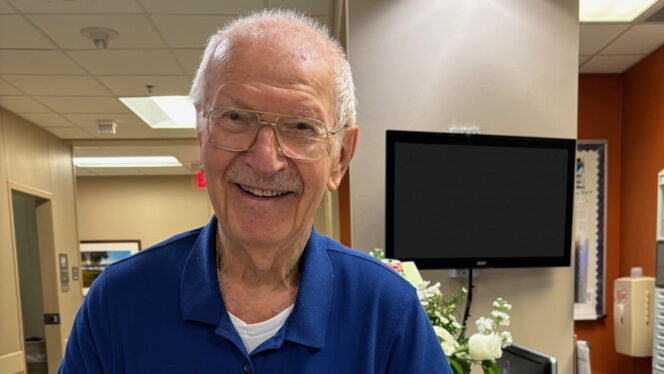
A legacy of commitment
March 20, 2025John Racz discusses his history with and commitment to Baylor Scott & White Medical Center – Marble Falls.Learn More A legacy of commitment -
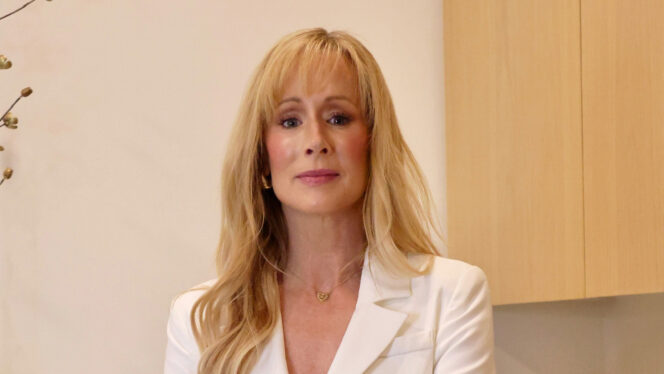
Andra Liemandt spreads kindness and care through Baylor Scott & White
March 20, 2025Andra Liemandt shares her passion for mental health with Baylor Scott & White.Learn More Andra Liemandt spreads kindness and care through Baylor Scott & White -

Champions of volunteering
March 20, 2025Belen Griego and her family get involved in fundraising with Walmart for McLane Children's through Children's Miracle Network Hospitals.Learn More Champions of volunteering -
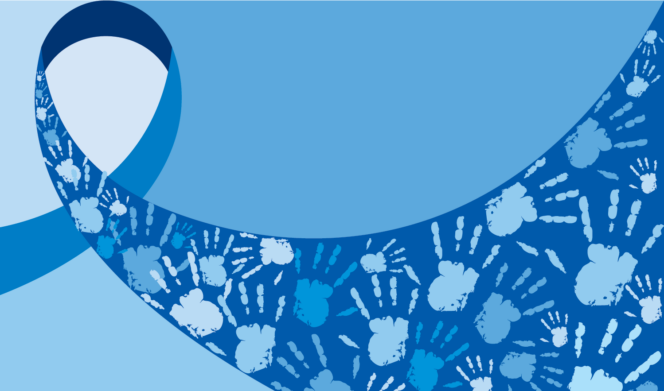
Specialized care for vulnerable children
March 20, 2025Discover how McLane Children's cares for children who have been the victim of abuse or violence.Learn More Specialized care for vulnerable children -
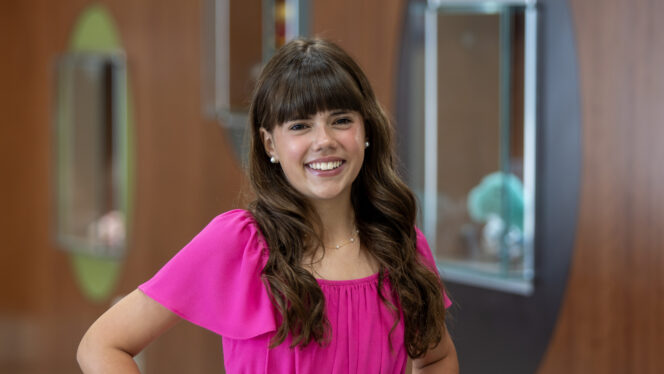
Meet McKenzie, our 2025 CMNH Champion
March 18, 2025McKenzie beat cancer when she was just three years old. Now she's advocating for Children's Miracle Network Hospitals like McLane Children's.Learn More Meet McKenzie, our 2025 CMNH Champion

